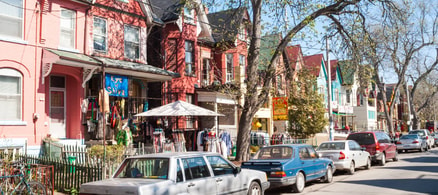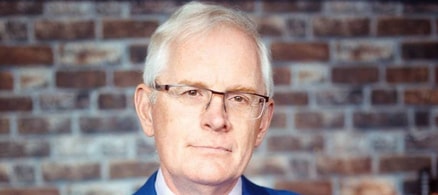The wealth they left behind
While the British royal family has their own personal wealth — Forbes estimates the family holds $37 billion in assets that can’t be sold and there’s also the $500 million estate the late Queen Elizabeth left behind — they don’t pay out of pocket to perform their royal duties.
Instead, they rely on an annual, taxpayer-funded payment called the Sovereign Grant, which is derived from a percentage of the profits coming from the Crown Estate. The rest of that profit is turned over to the government.
The grant funds official royal expenses like property upkeep and utilities, travel and payroll. In the 2021-22 tax year, the Sovereign Grant amounted to over $139 million, according to the Royal Household’s financial statement.
So, having left that powerful financial support behind, where exactly will Harry and Meghan feel the loss most acutely?
According to the Institute for Government, one of the largest public costs for the royals is security. These arrangements aren’t publicly disclosed, but a 2021 Forbes estimate said the annual cost of security for the Duke and Duchess of Sussex could be up to $4 million a year.
Now on their own, Harry and Meghan can’t rely on the royal coffers to fund their safety and travel — but they’re far from destitute.
Maximize Your Tax Refund with TurboTax Canada!
Simplify tax season with this user-friendly software. Get step-by-step guidance, maximize deductions, and file with confidence. Trusted by millions, TurboTax Canada ensures accuracy and peace of mind. Start your taxes today and get the refund you deserve
Get the tax refund you deserveWhy were they cut off?
The Duke and Duchess of Sussex announced publicly in January 2020 that they intended to “carve out a progressive new role within [the] institution,” by maintaining royal responsibilities without their royal funding.
According to Vanity Fair, the couple received their last royal sum shortly after, which was intended to support them as they transitioned out of their senior roles. Eight months after their announcement, they signed a rather unorthodox deal with Netflix, putting a reported $135 million in their pockets.
Working members of the royal family — meaning those who perform duties that represent the sovereign — are not permitted to earn their own money outside of trusts. They must remain politically and commercially independent.
When Harry and Meghan relinquished their status, that freed them up to start making their own commercial deals, like other non-working royal family members. Peter Phillips and Zara Tindall, the late queen’s grandchildren, have taken full advantage of that, taking part in promotions for everything from Land Rover to Rolex.
Meghan and Harry’s financial autonomy
Before striking out on their own, the Duke and Duchess of Sussex were largely supported by funds from the Duchy of Cornwall, a valuable estate that provides funds for the oldest son of the British monarch. In 2020, Forbes estimated that the couple’s loss amounted to $4 million a year, in addition to their security costs.
Forbes also confirmed that Harry was not a beneficiary of his great-grandmother the Queen Mother’s $135 million fortune.
That means that when they made the decision to step back from their roles as senior working royals, Harry and Meghan were left with a meager sum of $13 million (estimated by Forbes), largely made up of the inheritance from Harry’s late mother’s estate.
Of that number, $6.7 million reportedly went toward a down payment for the couple’s $19 million home in Montecito, Calif.
In 2020, Harry and Meghan set out to trademark their Sussex Royal brand, which would have allowed them to sell a line of products and activities. Retail expert Andy Barr told the Daily Mail at the time that the business could generate revenues of over $600 million, easily outstripping the fortune previously provided by King Charles.
Unfortunately, Buckingham Palace ultimately blocked the trademark. The couple instead formed Archewell — an organization that includes audio and media production companies and a non-profit foundation.
The revenue from Archewell is added to Harry’s executive-level salary as chief impact officer at BetterUp, a San Francisco-based mental health startup. According to reported salaries from Glassdoor, an executive position at this company could have a base salary of over $168,000 a year.
And with lucrative deals signed with Spotify, Netflix and Penguin Random House — which are expected to bring in up to $150 million — the couple may be far from castles and curtsies, but they’ll have plenty of cash to keep them in comfort.
Sponsored
Trade Smarter, Today
With CIBC Investor's Edge, kick-start your portfolio with 100 free trades and up to $4,500 cash back.






